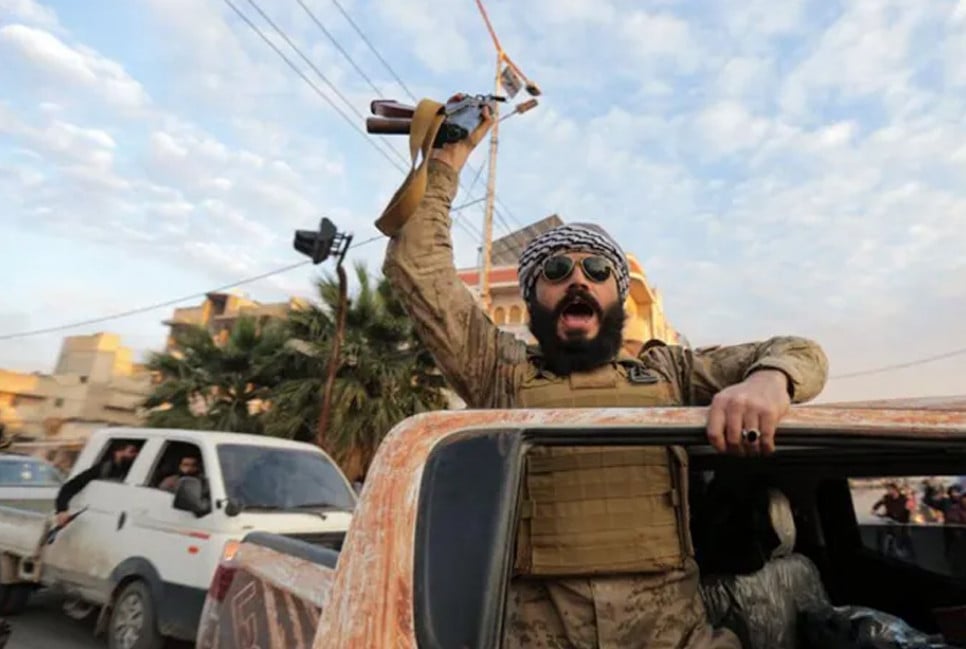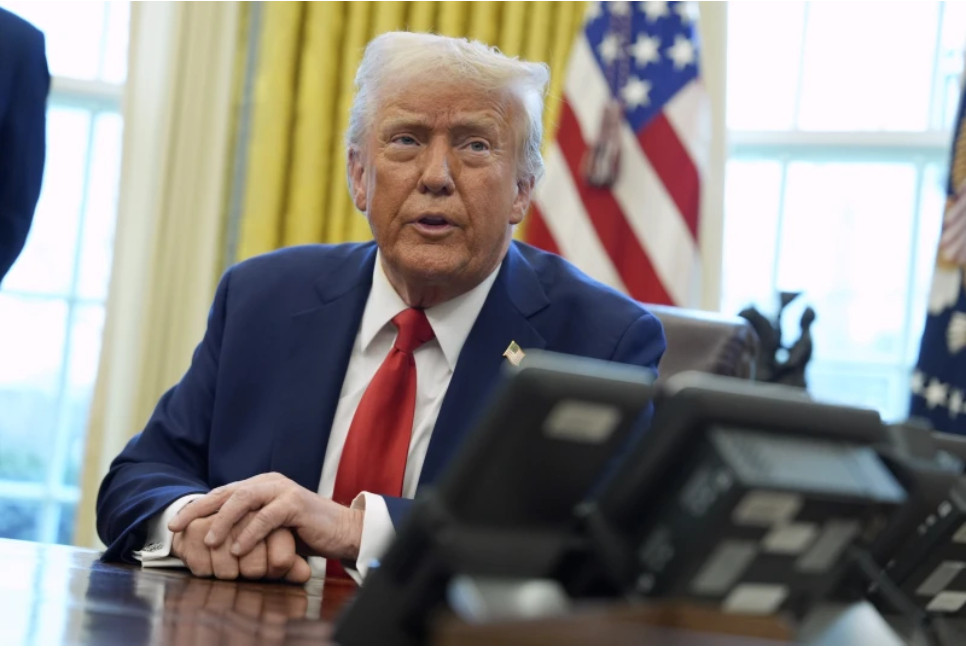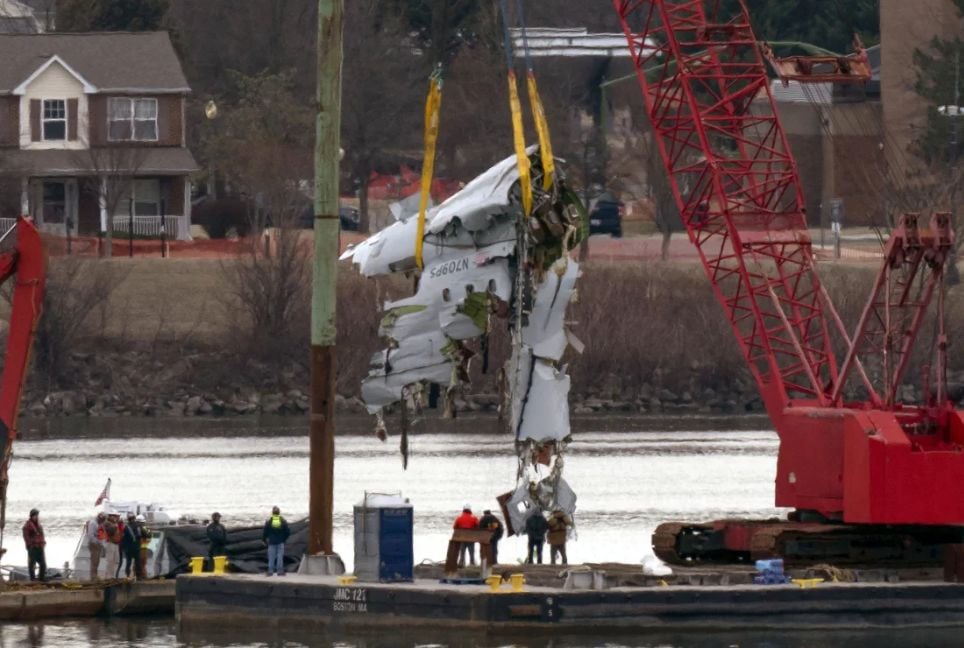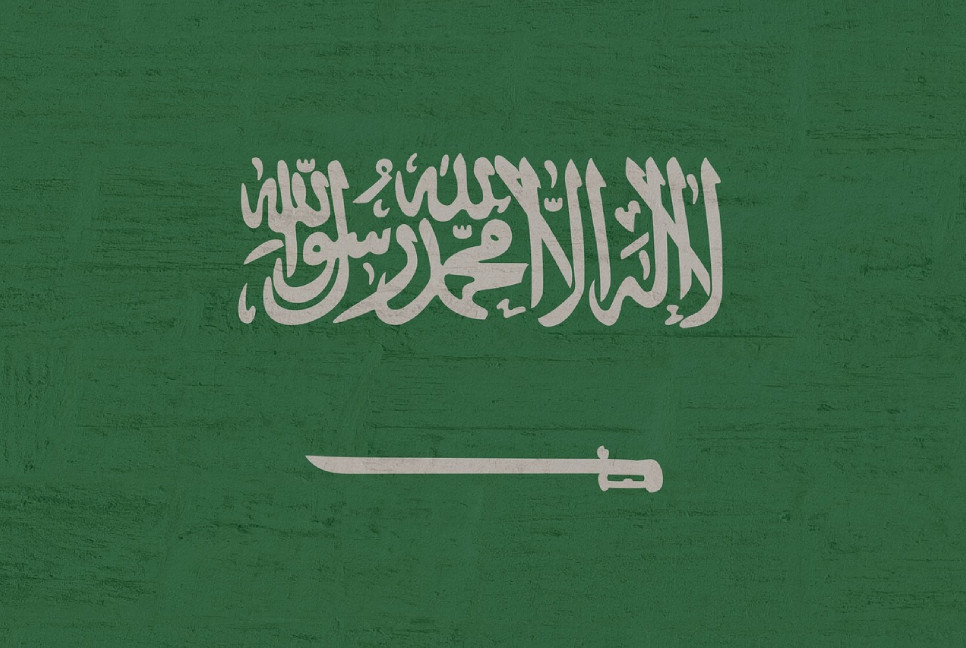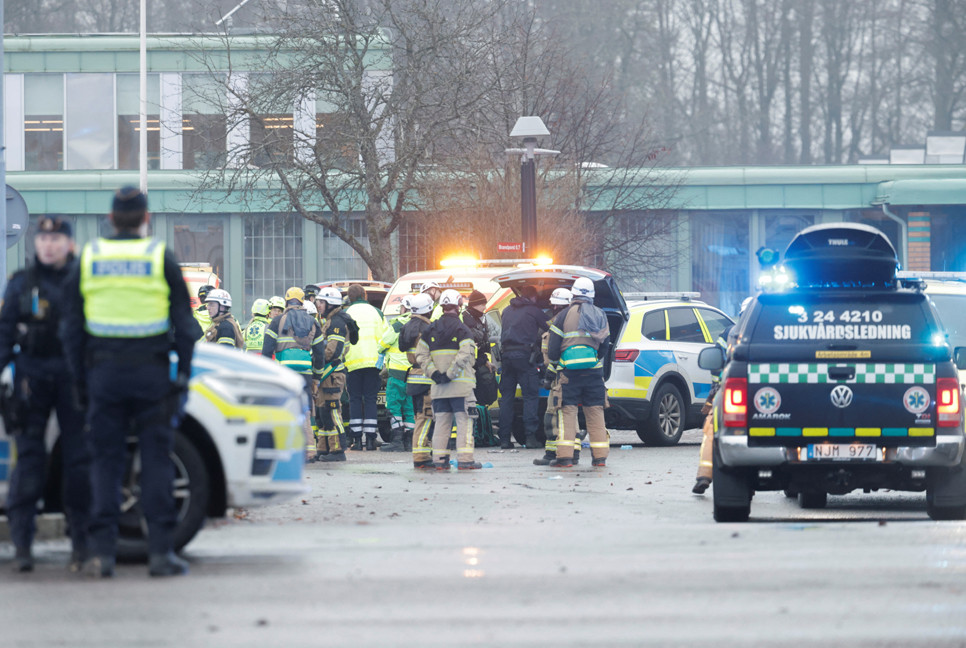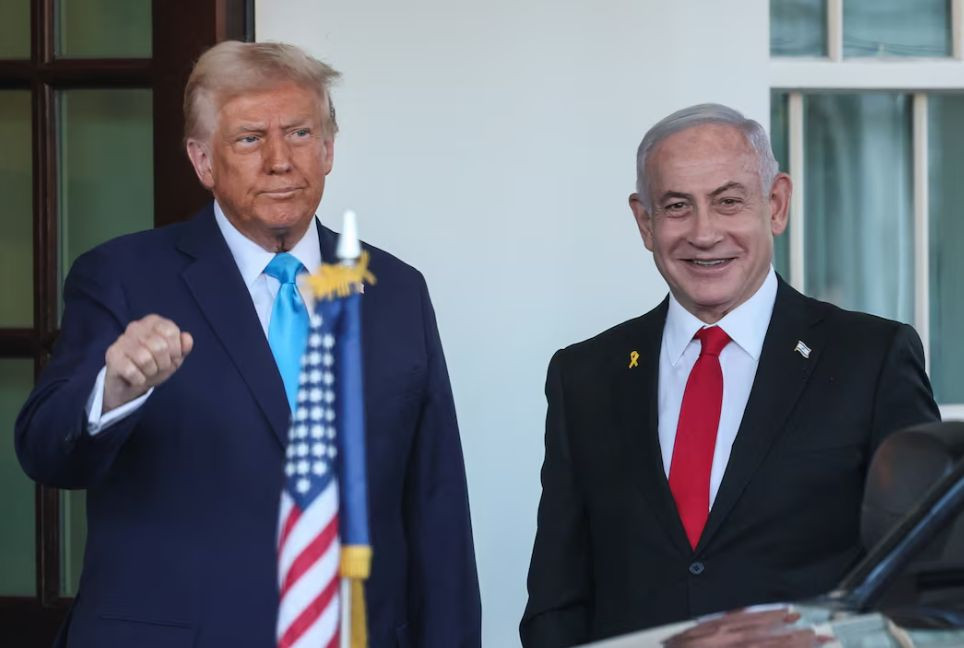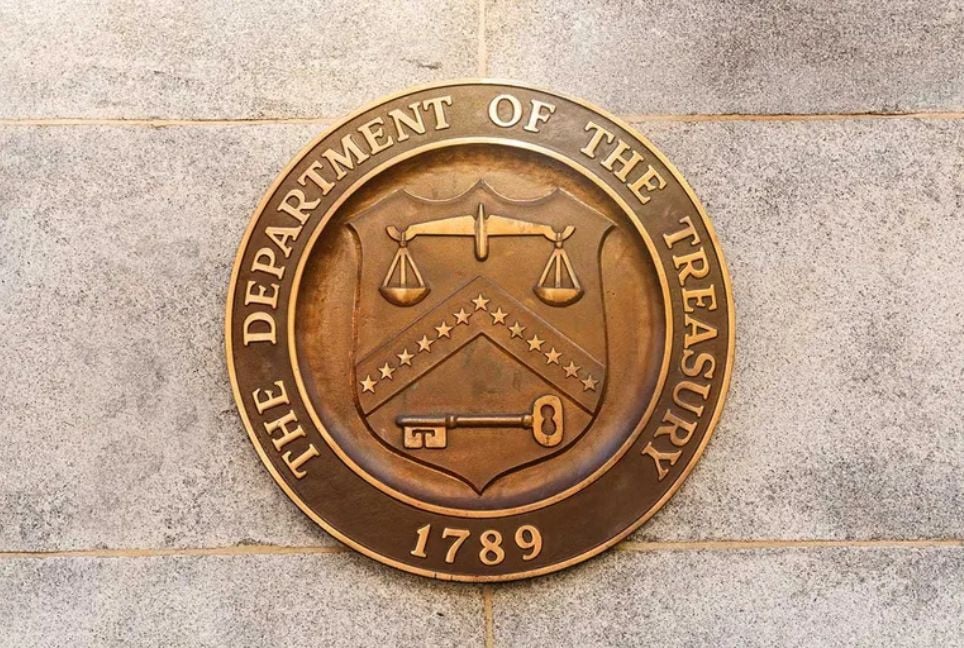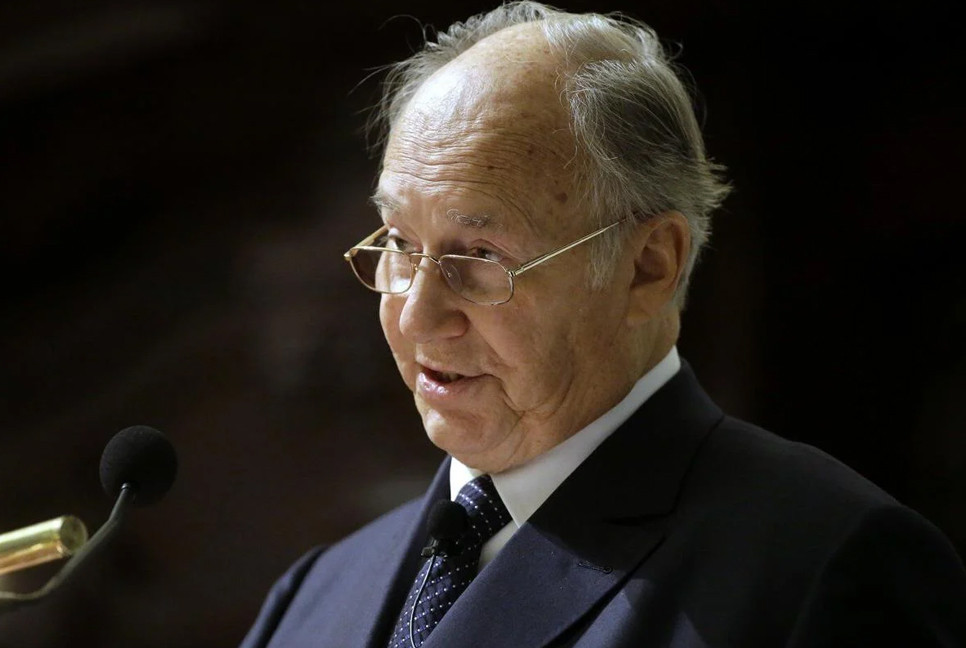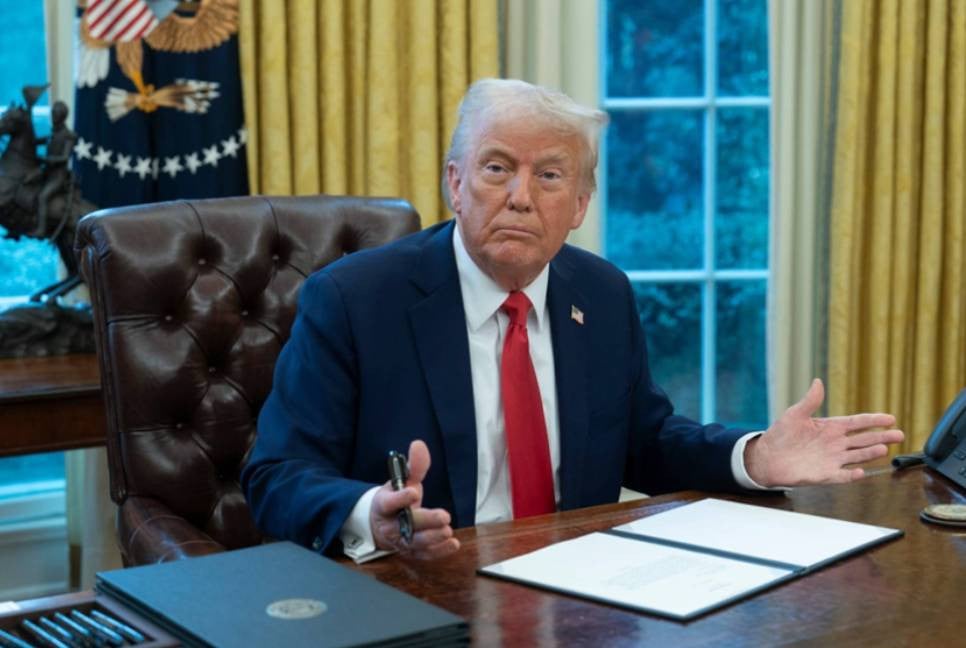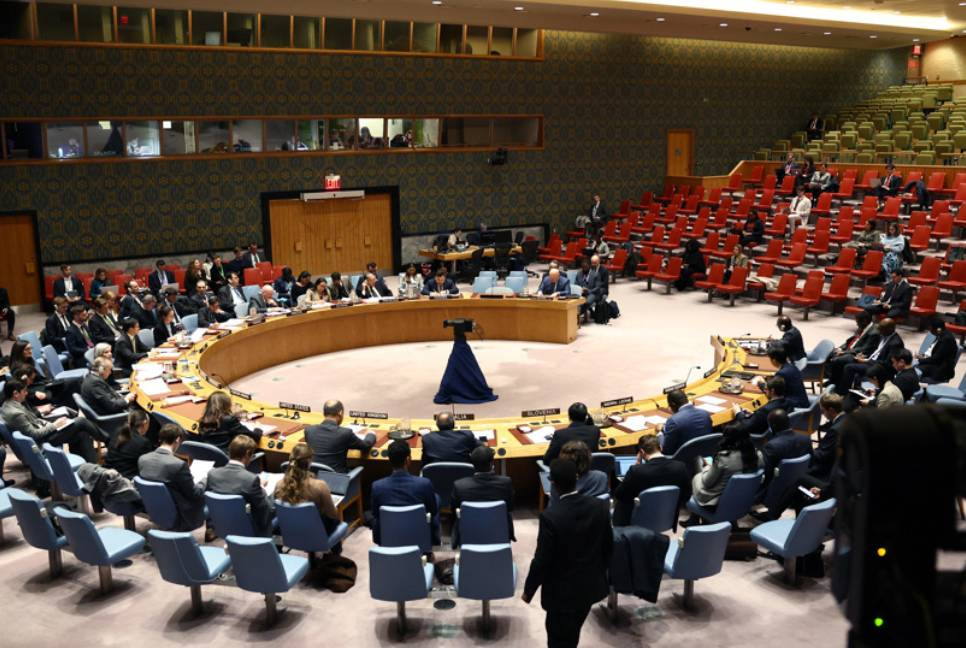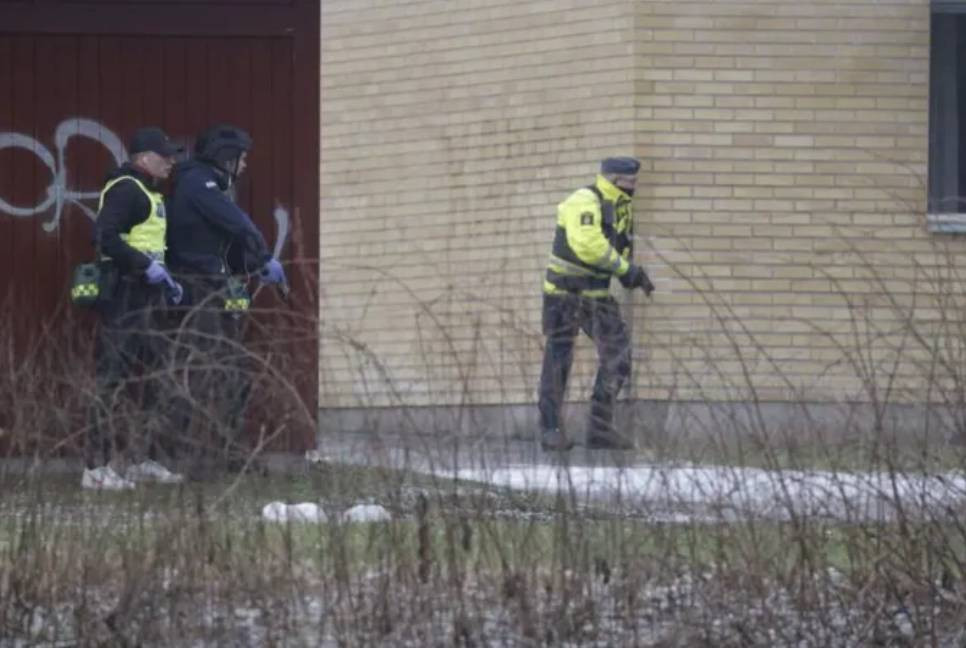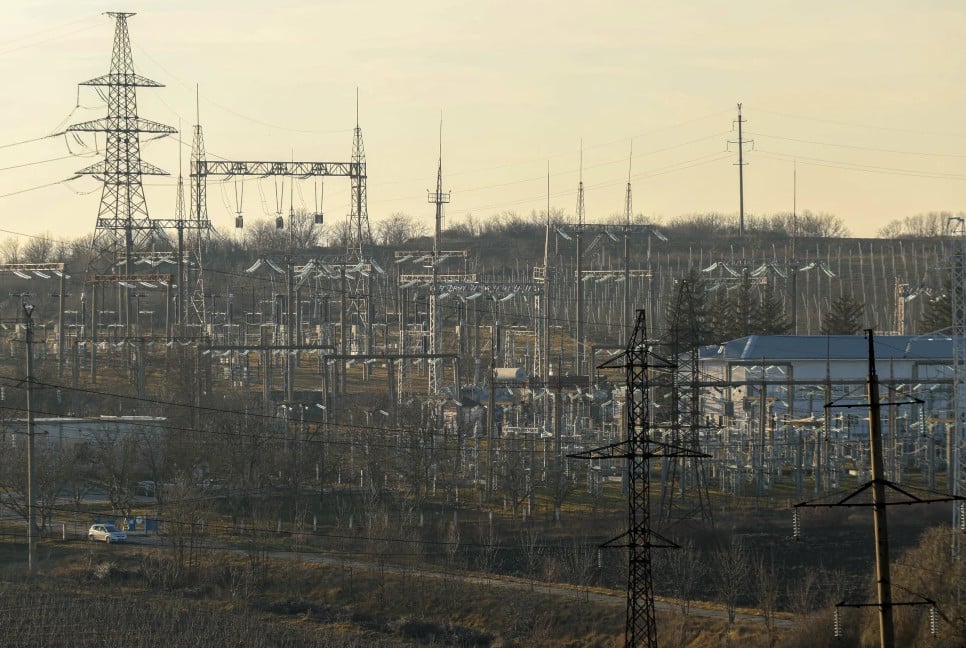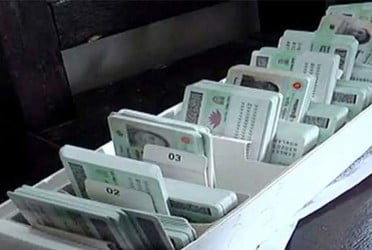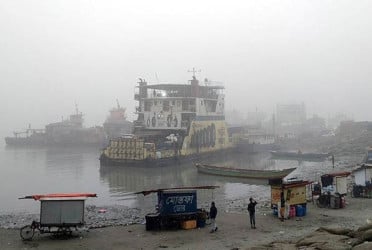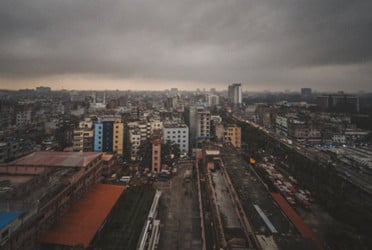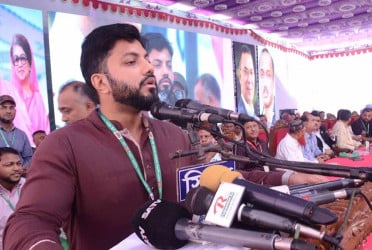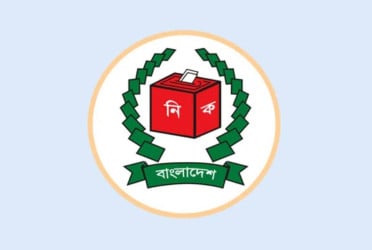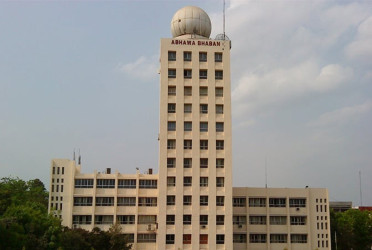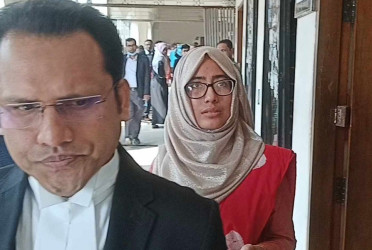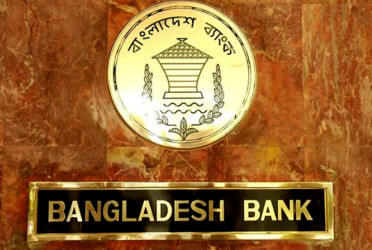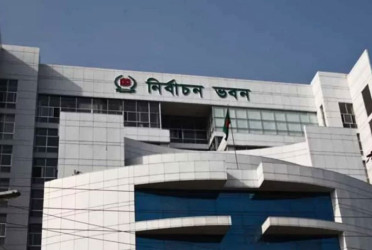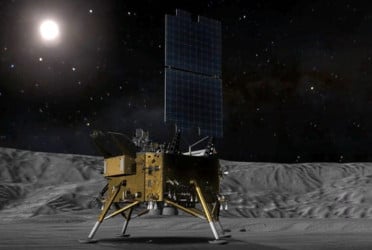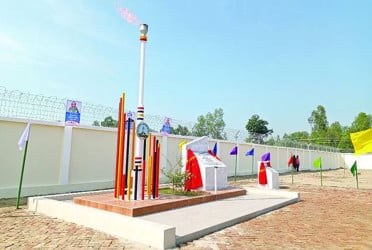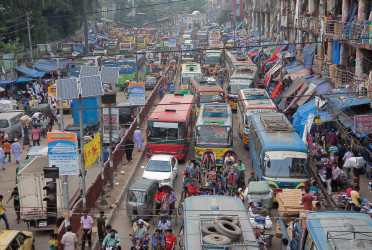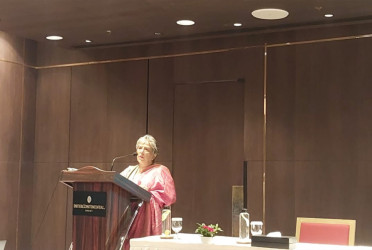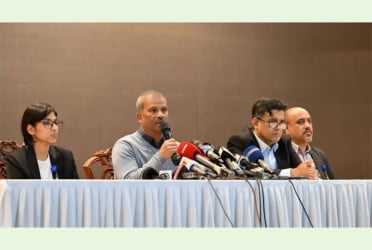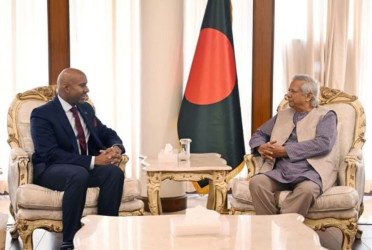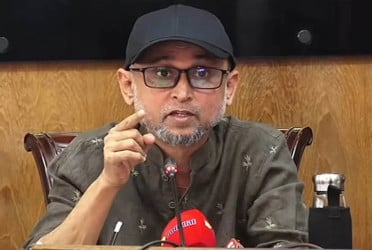Tens of thousands of people are fleeing Syria's third-largest city Homs in fear that Islamist-led rebels will continue to advance towards the capital, Damascus.
The rebels seized Hama to the north on Thursday, a second major blow to President Bashar al Assad who lost control of Aleppo last week.
The leader of the militant group Hayat Tahrir al-Sham (HTS), Abu Mohammed al-Jawlani, told residents of Homs "your time has come".
Syrian rebels launched a surprise offensive against the government last week and have so far captured two major cities, reports BBC.
They have been advancing south - and Homs is the next city on the road from Aleppo to Damascus.
Terrified members of President Assad's Alawite minority community are leaving Homs, with video footage showing roads jammed with cars.
The Syrian Observatory for Human Rights (SOHR), a UK-based monitoring group, is reporting that fighter jets have targeted a bridge on a road linking Homs and Hama to try to slow the rebels' advance.
After the Syrian military lost control of Hama following days of fighting, it is not clear whether it will be able to defend Homs.
It is a strategic city linking the capital to the Alawite heartland on the Mediterranean coast, Assad's political stronghold and key to his grip on power.
More than half a million people have been killed since a civil war erupted in 2011 after Assad's government cracked down violently on peaceful pro-democracy protests.
The rebel offensive which began nine days ago is the swiftest battlefield advance by either side since the civil war.
The SOHR says more than 820 people, including 111 civilians, have been killed across the country so far.
Earlier, HTS fighters and their allies took over Hama central prison and released inmates amid fierce battles, while the military said it had redeployed troops outside the city.
Hama is home to one million people and is 110km (70 miles) south of Aleppo, which the rebels captured last week after launching a surprise offensive from their stronghold in the north-west.
President Assad has vowed to "crush" the rebels and accused Western powers of trying to redraw the map of the region, while his key allies Russia and Iran have offered their "unconditional support".
In the past, President Assad relied on Russia and Iran to crush his opponents.
Russian warplanes have intensified strikes on rebel-held areas, Iran-backed militias have sent fighters to reinforce the government's defensive lines, and Iran has said it is ready to send additional forces to Syria if asked.
But with both allies preoccupied with their own affairs, it is unclear how - or if - he will be able to stop an advance that could threaten his government's survival.
Bd-pratidin English/Lutful Hoque

